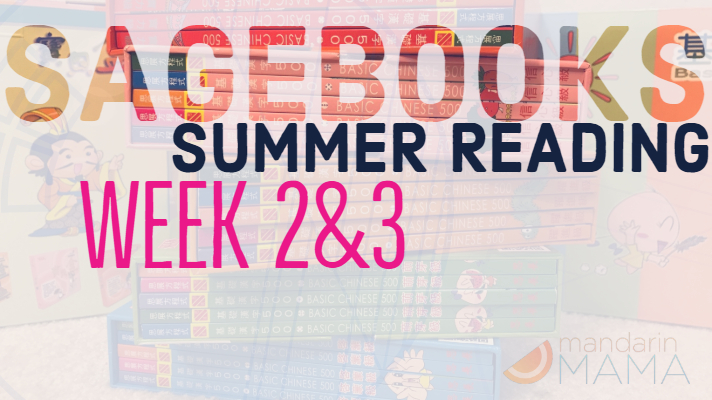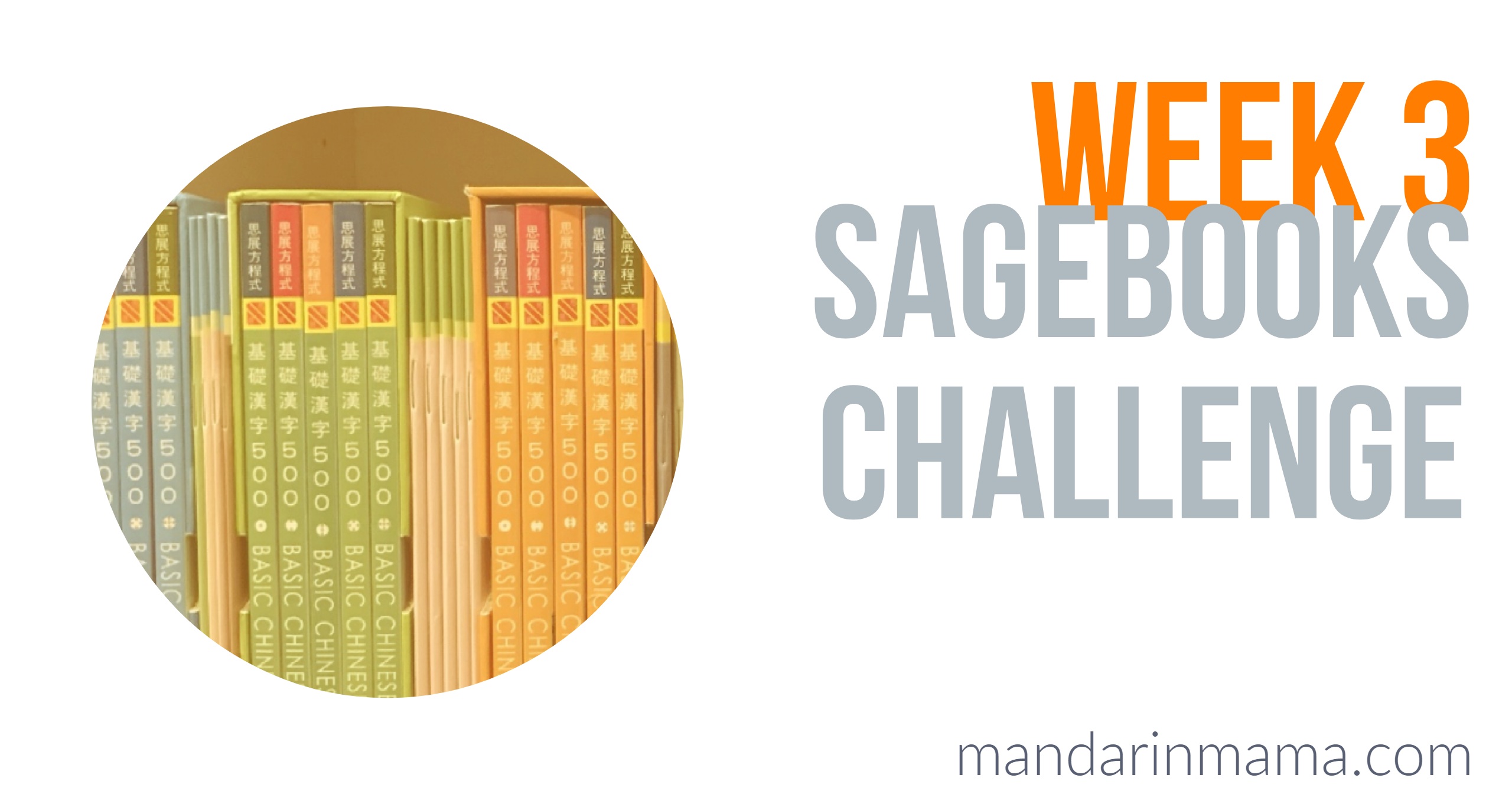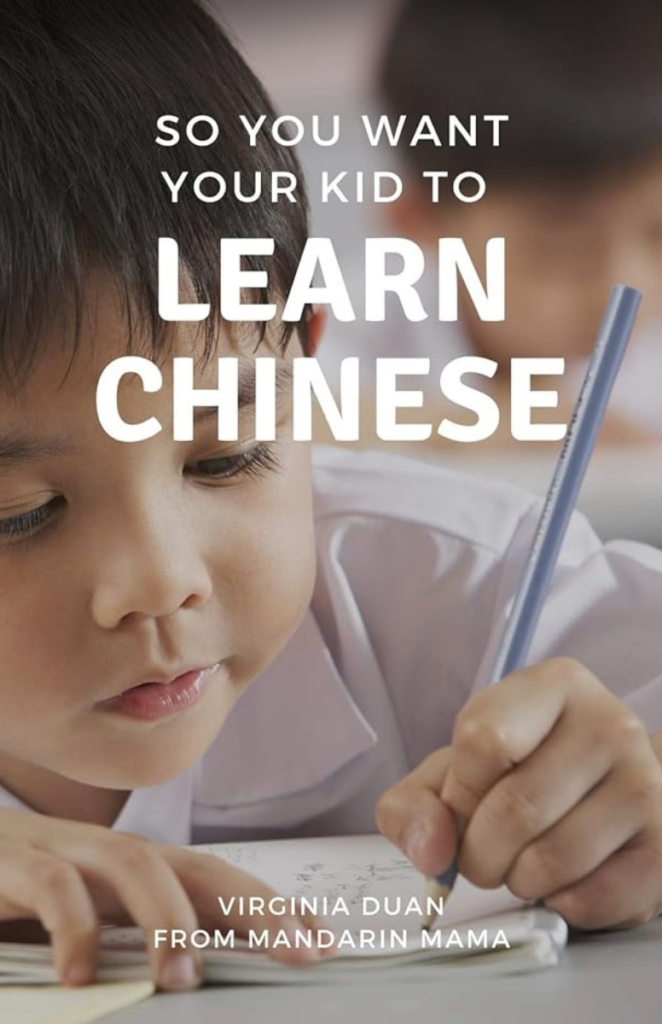 Today’s post is short.
Today’s post is short.
Yes, you’re in the right place. (Hmph.)
Here’s the gist in case even my short articles require a tl;dr: It doesn’t matter how other people’s kids are doing in Chinese. The Chinese levels of other people’s children have no bearing on your own child’s progress or abilities.
That’s not why your kid is learning Chinese.
Ignore the humble-braggy (and not so humble-braggy) posts about the fluent two year old who can recognize and write 300 Chinese characters while also reading chapter books in English.
Yes, I am exaggerating.
I am exaggerating because I know you’re wondering if I am thinking of someone or some people in particular. I am not.
I know you know what I’m talking about. You’ve read posts along these lines and they make you feel like crap and wonder if any level of literacy or fluency is possible for your terribly normal children who can barely draw a straight line at age three.
[clickToTweet tweet=”Past performance does not guarantee future results. It’s true of the stock market and it’s true of Chinese fluency before 5. #teachkidschinese #sorrynotsorry” quote=”Past performance does not guarantee future results. It’s true of the stock market and it’s true of Chinese fluency before 5.” theme=”style1″]
Don’t worry about them.
It’s a long game.
The fluent two year old is only fluent NOW.
You have no idea what that kid’s Chinese will be like in one, two, or five years.
Fluency/literacy before heading to Kindergarten or elementary school is a good foundation but no guarantee. It’s like what financial advisors have to say about stocks: past performance does not guarantee future results.
Truthfully, I don’t even know if my own kids will stay fluent and literate. Though I think we’re on a good track right now, I also know that any number of things could happen and quite frankly, 8 and 6 are not old enough to be immune to a quick slide into English only and forgetting all the characters they know thus far.
All we can do is to keep trucking along.
I want you to succeed in this Chinese journey so don’t listen to people who make you feel bad.
Ignore all the voices that keep you from what you want to do – including me – but that’s a post for another day.
[clickToTweet tweet=”It doesn’t matter how other people’s kids are doing in Chinese. The Chinese levels of other people’s children have no bearing on your own child’s progress or abilities. That’s not why your kid is learning Chinese. #teachkidschinese” quote=”It doesn’t matter how other people’s kids are doing in Chinese. The Chinese levels of other people’s children have no bearing on your own child’s progress or abilities. That’s not why your kid is learning Chinese.” theme=”style1″]
Use Facebook to help encourage and inspire you on this bilingual journey with your kids. Disregard the posts that make you despair; find the communities that support you.
As I wrote in a previous post:
[F]ind people who have similar goals, aesthetics, and general level of intensity. The level of intensity is important. If you are only with people who are way more gung-ho than you are, you will feel discouraged and as if you’re constantly failing.
If you are only with people who are much less invested in Chinese, then you will be annoyed and frustrated because none of their suggestions will be helpful (or at least, much less so) and their experiences and standards will feel too elementary and not applicable.
This life is too short to allow things into your life that upset you and make you feel small. Having our children learn Chinese should be a good thing (a hard thing, but a good thing nonetheless). Choose to read/listen to the folks who encourage you and inspire you on your kids’ bilingual journey.
The rest is just noise.







